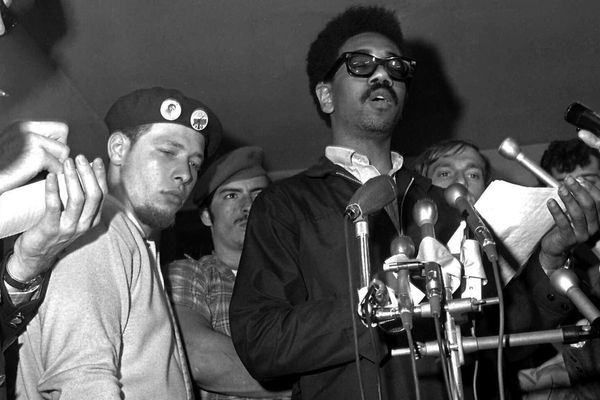
A staggering number of Brits either cannot work for health reasons or aren’t working hard enough compared with their peers elsewhere in Europe and America.
The rise of worklessness among youth, coupled with trailing productivity, promises to be among the biggest challenges facing the U.K. workforce.
Productivity growth in the U.K. has flatlined since the Global Financial Crisis and has now been reset to levels of growth not seen since the 1850s, a new report published by the Institute for Fiscal Studies (IFS) and Citi highlighted. That also puts the country far behind its counterparts in Europe and America, which have advanced faster despite setbacks such as COVID-19.
“The recent decline in potential output per worker in the U.K. is unprecedented since the late 19th century,” the report said. “The U.K.’s economic performance over the past two decades is hard to describe as anything other than a policy failure.”
The report added that the country’s proportion of “high-growth firms” had dropped from 6% to 4% of the total in the past 10 years.
Economic activity also impacts overall growth. IFS predicts that the U.K.’s GDP is 6.1% short of its trajectory before the pandemic, lagging behind the eurozone.
In the 1990s and early 2000s, the U.K.’s productivity growth was on par with others. But since the Global Financial Crisis, nothing has been the same; if anything, things may have taken a turn for the worse with shocks like the pandemic and the Ukraine war.
The simmering productivity crisis occurs just as worklessness has spiked among younger Brits. The “missing workers” between the ages of 16 and 24 have been on the rise amid worsening youth health and a tight job market.
Can Labour fix Britain’s broken workforce?
The economic effects of these trends are important for the new Labour government to monitor ahead of a widely anticipated budget dominated by tax-hike talks. Britain’s performance has weakened on all accounts, whether that’s in attracting foreign investment or boosting public spending to improve workers’ skills. A weaker economy ultimately hurts the resilience to big shocks in the future.
Chancellor Rachel Reeves said in July that the country the newly elected government inherited was the worst since the Second World War. Her party blames productivity failures on not enough investment in business, which has ultimately led to British households being poorer than German or French ones.
Experts suggest that addressing productivity doesn’t have a one-shot solution. It will take years of deliberate efforts to invest in skills and training while also improving job opportunities and access to health care for the next generation of workers.
The Bank of England’s course with interest rates will also help determine what’s in store for the economy.
The Labour Party has promised to focus on “sustainable growth.” With the budget due to be announced on Oct. 30, it will have to iron out specific steps that address productivity and worklessness to jump-start economic growth.







